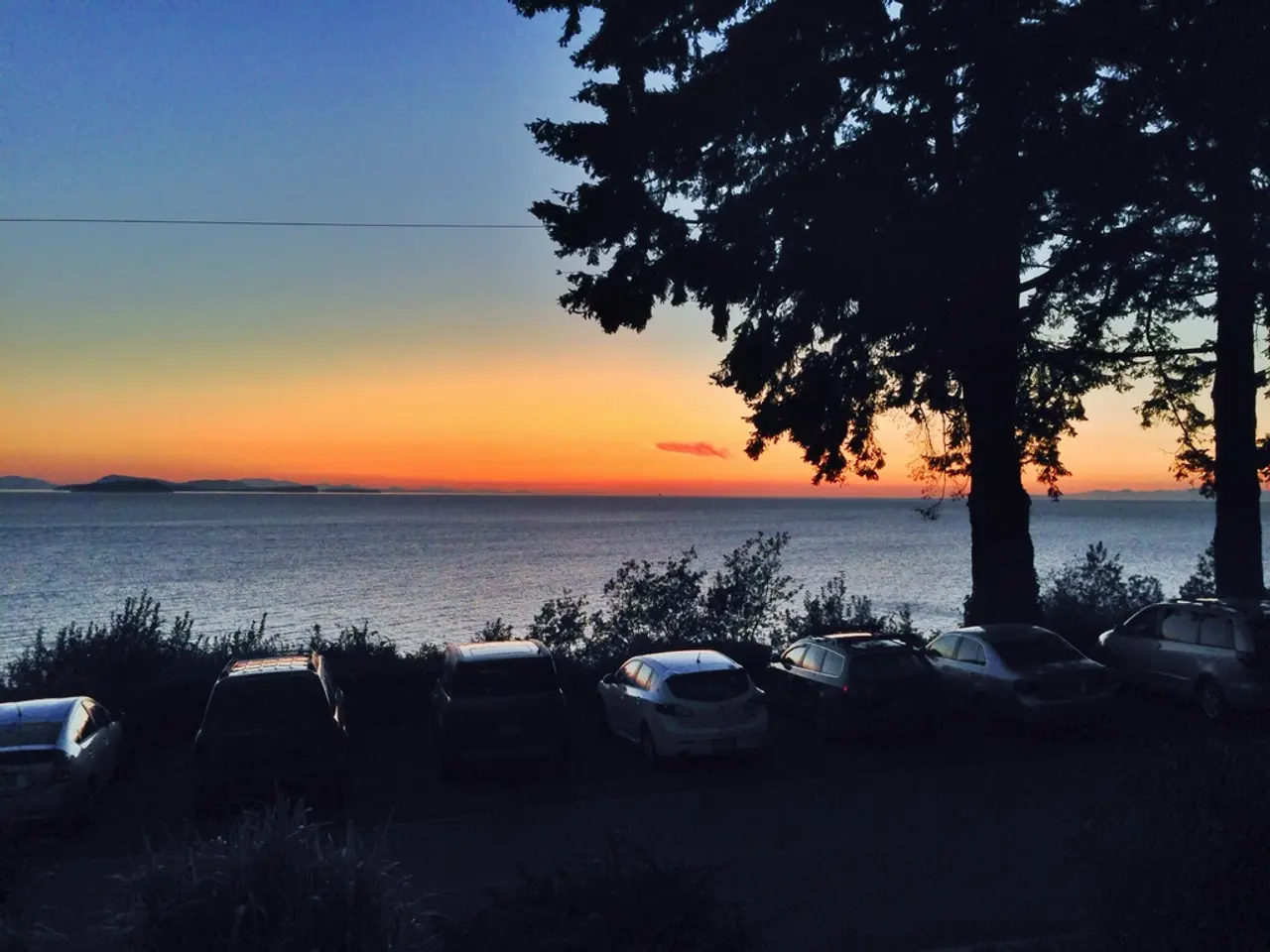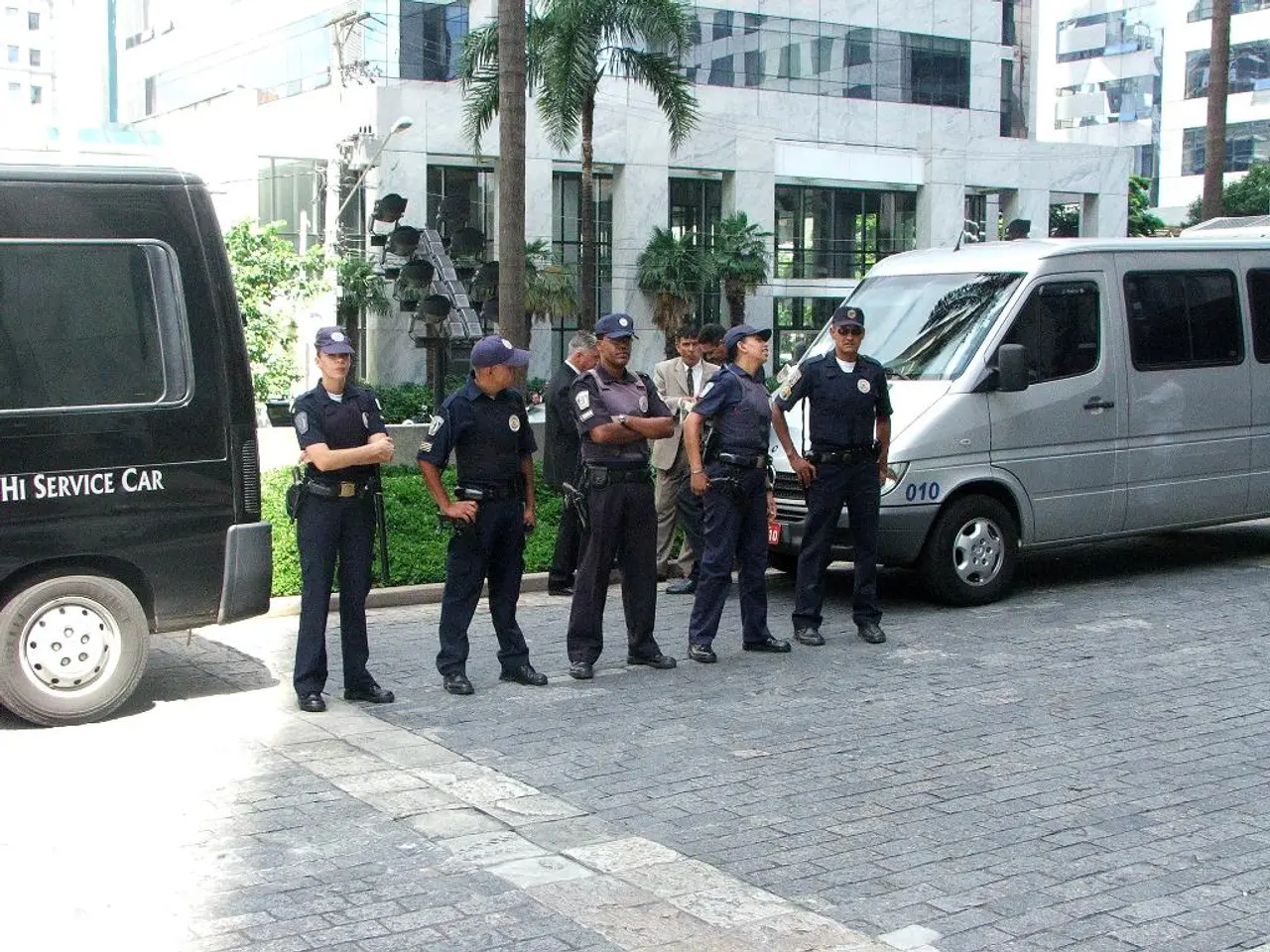Israeli Prime Minister Netanyahu reportedly intends to seize control of the Gaza Strip in its entirety.
In the midst of ongoing discussions, Israeli Prime Minister Benjamin Netanyahu's proposed plan for a more direct control or takeover of the Gaza Strip has sparked concerns and opposition due to potential military, humanitarian, and diplomatic implications.
Potential Consequences:
- Military and Security Challenges: The Israeli military leadership has voiced concerns about the feasibility and consequences of a full takeover of Gaza. With the region being densely populated, a ground operation or extended control could lead to high casualties on both sides and a prolonged conflict. Issues such as urban warfare, potential for a guerrilla insurgency, and the strain on Israeli troops are key worries.
- Humanitarian Crisis: A full takeover—especially if it involves dismantling Hamas' governance or infrastructure—risks exacerbating the already severe humanitarian situation in Gaza, potentially leading to widespread displacement, shortages of essential supplies, and international condemnation.
- Political and Diplomatic Fallout: Domestically, such a move could exacerbate divisions within Israel's coalition government and among the Israeli public. Regionally and internationally, it risks inflaming tensions with neighbouring countries and could lead to widespread condemnation, possibly impacting Israel's diplomatic relations.
Opposition and Concerns:
- Military Leadership: Some senior Israeli defense officials and military experts have expressed reservations about the strategic wisdom of a full takeover, warning of a "quagmire" scenario that could entangle Israel in a long-term, costly occupation without clear exit strategies.
- Political Opposition: Within Israel, certain political parties and figures have cautioned against escalating violence and have urged for diplomatic or alternative security approaches.
- International Responses: The international community, including the United Nations, the European Union, and major powers like the United States, have expressed serious concerns about any plans that could lead to occupation or widespread conflict in Gaza. They emphasize the need for de-escalation, protection of civilians, and the return to negotiations.
In Lebanon, concerns about a new war with Israel are growing. If members of Hezbollah, which is also a political party, were to leave the government, the country could once again slip into a political crisis. The Israeli military currently controls around 75% of the Gaza Strip's area, with Israeli soldiers stationed at five posts in southern Lebanon.
Meanwhile, Hezbollah has refused to agree to binding disarmament with a concrete timeline. If the Chief of Staff, Eyal Zamir, does not support the plan, he is expected to resign. Reports suggest that Zamir has had heated discussions with ultra-right ministers who demand the occupation of the entire Gaza Strip, the deportation of the Palestinian population, and the establishment of Jewish settlements.
As of mid-2025, around 2,600 trucks of aid supplies have been intercepted in Gaza since May 19, with about 2,300 either looted or violently seized. Removal of all Hamas tunnels and bunkers could take years. There are currently still 50 hostages in Hamas' custody, of whom 20 are believed to be alive.
Israeli Prime Minister Benjamin Netanyahu has informed ministers that he will seek the support of the cabinet for a plan to fully occupy Gaza. A cabinet meeting is scheduled in Lebanon today to discuss the state's control of all weapons and the subsequent disarmament of Hezbollah.
Former military spokesman Peter Lerner criticized the plan, stating it is "political survival, disguised as national security." Lerner hopes that Zamir "has the courage to resist this absurd plan." For the most current specifics, monitoring official statements and reputable news sources is recommended.
- Amid ongoing discussions, concerns about the Israeli Prime Minister's proposed plan to fully occupy Gaza extend to international news, politics, and war-and-conflicts, as the plan might spark military, humanitarian, and diplomatic implications.
- In Lebanon, where the news landscape covers political, diplomatic, and general matters,growing concerns about a new war with Israel are being fueled by potential actions regarding the Gaza Strip, such as the Israeli military's control of the area and Hezbollah's refusal to agree to binding disarmament.






